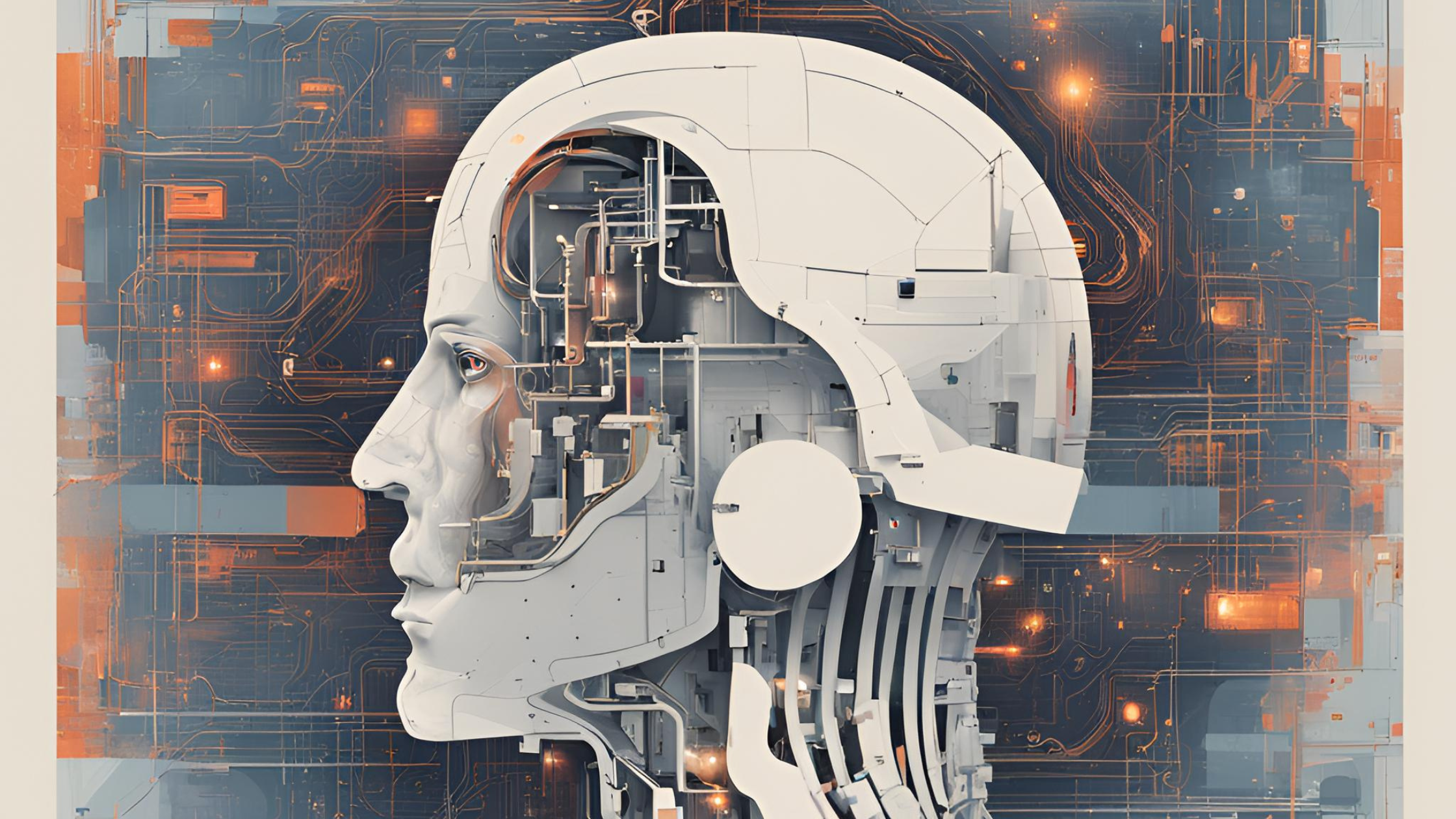Despite initial skepticism and conspiracies surrounding the use of AI, society at large has now come to a mutual agreement that AI is here to stay. Many people have set aside their pitchforks, and taken a more accepting approach when it comes to this technology and its many uses. This shift in stance has opened up numerous opportunities for enhancing our quality of life by prioritizing convenience, and efficiency.
For those who are still reluctant about using it, here’s a more positive perspective to consider. Think of AI as a childhood friend who’s really smart and observant. This friend learns your quirks and habits from experience and converses with you based on that knowledge. For example, your friend knows that you get extremely hungry around lunchtime, and consequently reminds you to eat. AI is a set of programs that performs all these tasks a childhood friend would, after learning from the data you provide. Furthermore, it also provides the best possible solutions to your problems.
And just like all good friends, AI makes our lives easier too. From being our assistant to revolutionizing the healthcare industry, here are some ways artificial intelligence is transforming the various aspects of our lives;
- Personal Assistants: The invention of many AI-powered personal assistants like Alexa, Siri, and Google Assistant has streamlined daily routines for many individuals by managing and organizing daily tasks, setting daily reminders, answering questions as well as controlling smart home appliances. These assistants can even learn your preferences over time and make suggestions. For example, they can remind you to take an umbrella if there is a chance of rain according to the weather forecast.
- Healthcare: The integration of artificial intelligence in the healthcare sector has accelerated the process of diagnosing diseases accurately, predicting outcomes, and making personalized treatment plans according to a patient’s history. Quick and efficient medical consultations are also being provided by using virtual health assistants. Moreover, the tools can also go through large sets of patient data and history to identify patterns and suggest potential treatments based on observations that might have been overlooked by human doctors.
- Education: Many platforms like Duolingo and Coursera are utilizing AI to enhance the learning experience for individuals. These AI-powered tools offer personalized experiences for individuals and provide instant feedback, ultimately improving the quality of learning. AI can adapt to the learning pace of each individual, offering additional practice exercises to those who need it, and advancing faster for those who grasp concepts quicker. Teachers are also using these tools to analyze the student performance data and pinpoint their strengths and weaknesses. This allows for more targeted instructions.
- Shopping and Retail: Many companies are now using AI to personalize the shopping experience for their customers by recommending products based on browser history and user preferences. Introducing chatbots that are available 24/7 to answer queries are also enhancing the shopping experience for buyers. AI tools can also optimize inventory management by predicting which products will be in demand based on the current trends. This would help retailers maintain optimal stock levels.
- Finance: People in finance are using artificial intelligence to automate trading, detect fraudulent behavior and activities, manage budgets as well as offer financial advice. This has led to many improvements in financial management and security.
Summary
In summary, AI tools have revolutionized the work sector. By automating many tedious tasks, AI has given people the opportunity to focus on research and innovation to further improve living conditions. As AI becomes an integral part of our day-to-day lives, it enhances convenience, efficiency, and productivity across all sectors.





Well-written and highly intriguing.